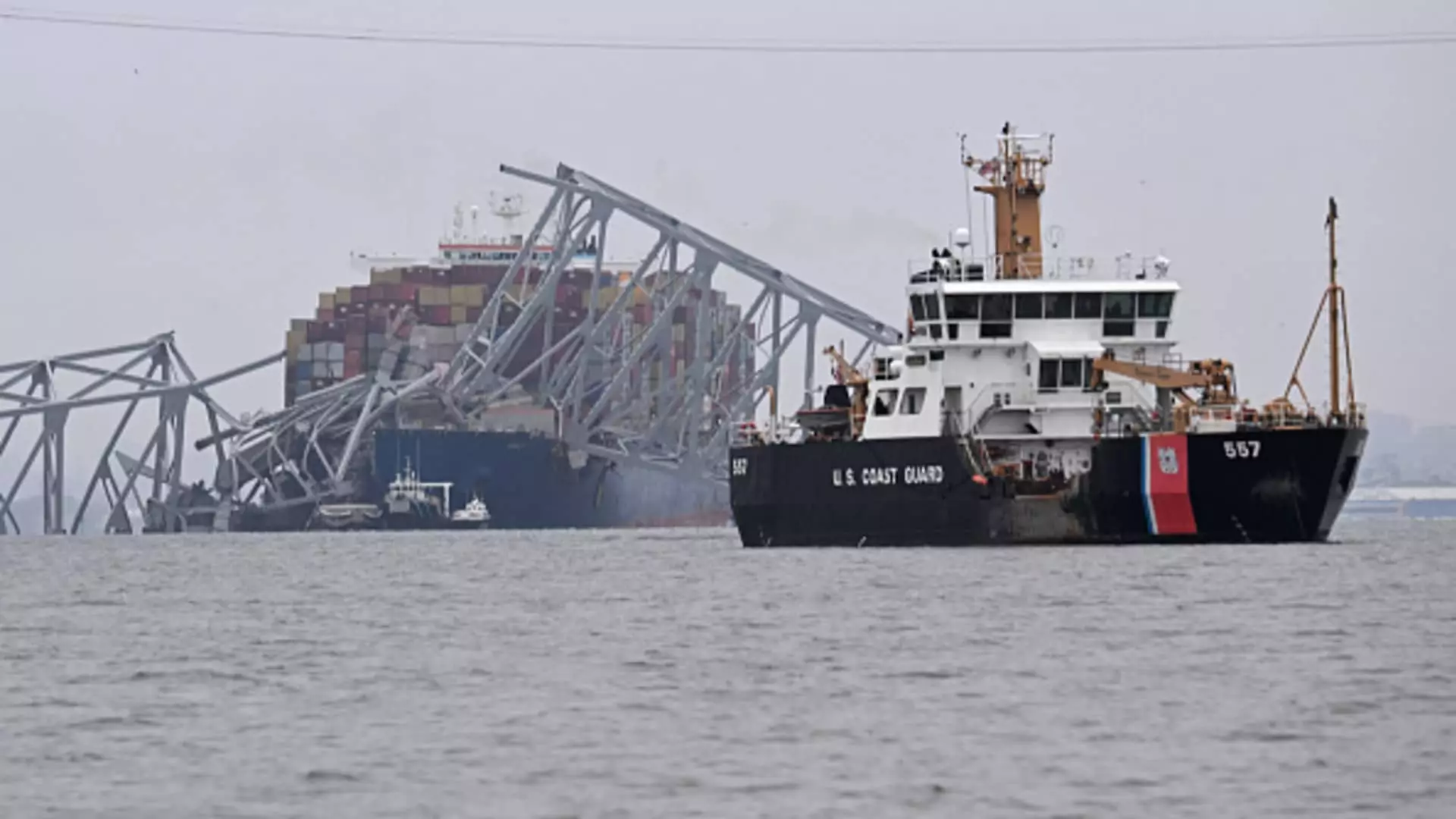The recent bridge collapse in Baltimore has caused carmakers to reassess their operations following the closure of the busiest auto port in the United States. The unfortunate incident occurred when a cargo ship collided with the Francis Scott Key Bridge, resulting in its collapse into the water. Tragically, six individuals who were working on the bridge are presumed dead after rescue efforts were unsuccessful.
The closure of the Port of Baltimore, which is the 11th largest port in the country and the primary port for autos and light trucks, has led to logistical challenges for car manufacturers. Companies are now scrambling to redirect their shipments to other East Coast ports to ensure the smooth transit of their imports and exports. The sudden shift in logistics has forced companies to adapt quickly to the changing circumstances.
Impact on Carmakers
Mercedes-Benz USA and Volkswagen Group of America are just two of the major carmakers that have been impacted by the closure of the Baltimore port. While Mercedes-Benz CEO Dimitris Psillakis remains optimistic about finding alternative solutions to supply vehicles to the market, Volkswagen has acknowledged potential delays in trucking operations due to redirected traffic flows. The ripple effects of the bridge collapse have reached companies like Volvo Group and General Motors, prompting them to evaluate the situation carefully.
Carmakers such as Ford, Toyota, Nissan, and Mitsubishi are closely monitoring the situation and making contingency plans to deal with the disruption caused by the closure of the port. While Baltimore is not a primary port for many of these companies’ operations, the impact on vehicle exports is expected to be felt. The governor of Maryland reported that the port handled over 847,000 cars and light trucks last year, indicating the significant volume of shipments that will need to be rerouted to other ports.
The bridge collapse in Baltimore has sent shockwaves through the global shipping industry, adding to the existing volatility caused by attacks on ships in the Red Sea en route to the Suez Canal. The CEO of logistics platform Container xChange, Christian Roeloffs, highlighted the importance of the Baltimore port as a critical link in many supply chains. Delays in cargo movement could result in inventory shortages, particularly affecting industries like automotive that rely on timely deliveries from various parts of the world.
The closure of the Port of Baltimore due to the bridge collapse has forced carmakers to rethink their logistics strategies and adapt to the changing circumstances quickly. While the full extent of the impact is yet to be determined, companies are taking proactive measures to mitigate disruptions and ensure the smooth flow of their operations. The events in Baltimore serve as a stark reminder of the interconnected nature of global supply chains and the importance of preparedness in the face of unexpected challenges.



Leave a Reply